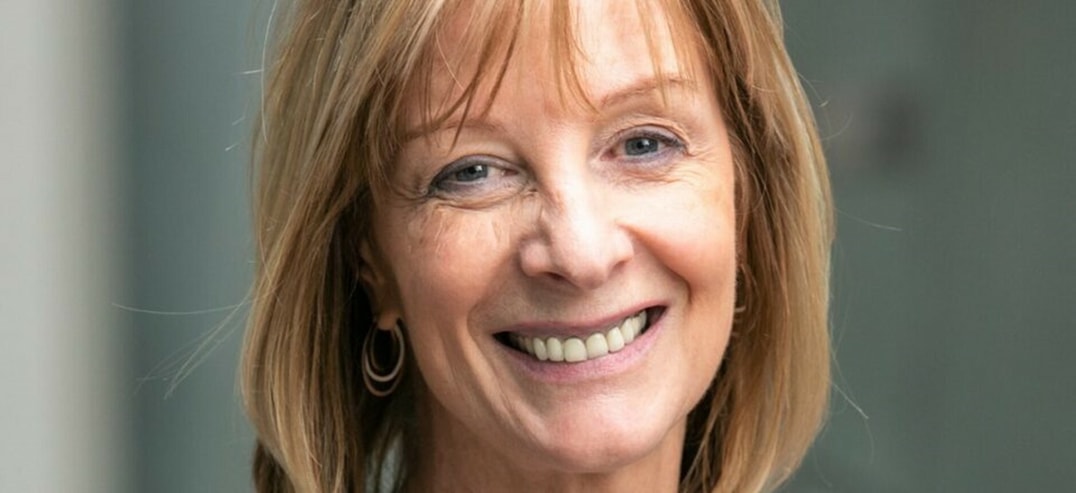Many parents ponder the question of whether their child is shy or whether their shyness is a sign of autism. That’s because the line between the two can be blurry – some of the behaviours are very similar.
For example, a shy child may avoid eye contact, hide behind their parents or not join in at playgroup or in social settings. Likewise, a child with autism may not speak, look at other people or play with their peers. Both shy children and those with autism may appear quieter and more reserved than other children, and may find it harder to make friends.
So how do you tell the difference? | Shy child vs. Autism
When it comes to the way a child communicates with others, there are a few subtle differences between shyness and autism.
Generally, even though shy children typically avoid eye contact with strangers, they will look to their parent or caregiver for support. Also, a shy child may ‘warm up’ eventually. That is, after watching the action from the sidelines for a while, they will join in with others at playgroup or in the park. Over time, they may open up to more people and show more confidence in new situations.
A child with autism, on the other hand, may not ‘warm up’ – even after spending a lot of time with others. Generally, they prefer to play alone. Also, a child with autism probably won’t look to their parent for support in new situations – they may not like eye contact even with those closest to them.
Other signs of autism that your child may have
When you’re caught up in early parenthood – and depending on where your child sits on the autism spectrum – the signs and symptoms of autism can be difficult to spot. Generally, parents start to notice things at around two years of age; for some, it’s much later.
As well as showing signs of shyness or a reluctance to socialise, a child with autism may also show other signs. For example:
- They may not imitate you when you point at something or clap your hands;
- They might get upset at some noises, smells or tastes;
- They may do one thing over and over again, such as lining up their toys in a row; and
- They may have been developing language, but then stop talking.
If you’re at all concerned about your child’s shyness and whether it could be a sign of autism, it’s a good idea to speak to your Doctor or Paediatrician. They may call in a team of experts, such as a Child Psychologist and Speech Pathologist, to observe your child in a range of settings.
Remember, the earlier that autism is diagnosed, the greater the likelihood that interventions are successful.


